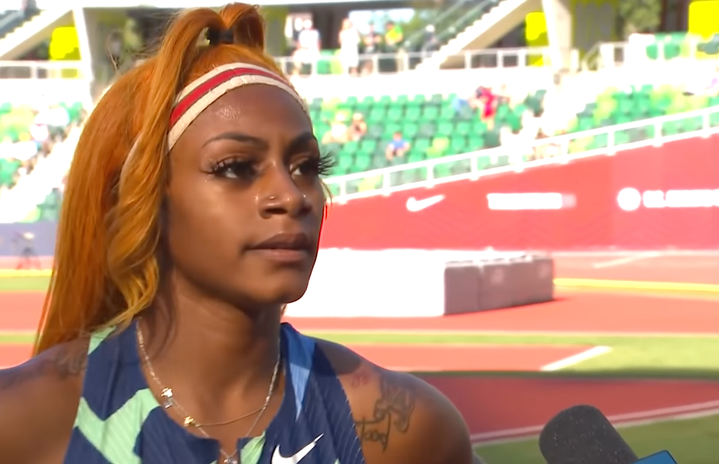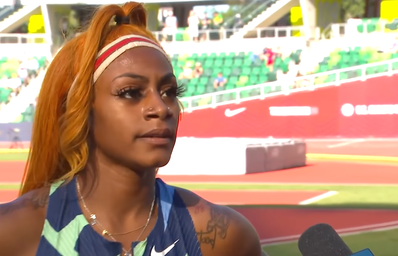Every four years, the Olympics, one of the biggest sporting events, rises again showcasing the many talents found in the sporting world. This is a heated competition that raises many political and social issues to the greater consciousness of the public. With the upcoming 2024 Olympics, held in Paris, there has been a lot of heat surrounding the conversation of doping. Doping is the idea that people are taking drugs to have a higher advantage. This can be a drug to increase their muscle mass and strength, increase their endurance, or even simple steroids; but it is a drug that manipulates their body for long periods, giving them an advantage.
This has long been a conversation that has acknowledged all doping as bad, regardless of personal factors. But in a recent conversation, it appears that opinions have changed. In the recent Winter Olympics that occurred in Beijing in 2022, the Olympic skater known as Kamila Valieva was found to have committed an anti-doping violation. While her violation was noted, she was still allowed to participate in the Russian Olympic Committee figure skating team event. There was no knowledge of why she took this drug (trimetazidine which is used by elderly people to prevent heart failure). Her talent helped the Russian team to win gold in that competition, but an acknowledgment of the fact that she had a banned drug in her system, caused the court to revoke her medal and the points won by the team. With this in mind, the United States team ended up having more points and in turn, moved up to receive a gold medal.
The controversy begins with another case. A talented sprinter, Sha’Carri Richardson, had entered the international track world with bouts of applause, due to her hard work and talent. In 2021, she tested positive for marijuana in her blood in advance of the Tokyo Olympics. With her testing positive, the Olympic Committee decided to ban her from participating due to ‘drugs’. Without regard for the reason that she had been taking substances (to cope with the death of her biological mother), she was forced to leave the US team and take leave from track activities under the Olympic Committee.
Now, at the time when Kamila had doped, a lot of people mentioned that she was a minor (15 at the time), so she should be given the chance to participate because she had different rules. Others continued to talk about how the justification for her doping was given little to no information, in comparison to the justification for the ‘doping’ of Sha’Carri Richardson. The only variation between them being that one was a minor, is not enough to explain why one was allowed to compete and the other was not. One could state this is a conversation of race, but I would focus on the potential conversation of politics.
Does the Olympic Committee think that they will stir fewer politics by taking a US member out of the competition as opposed to a Russian competitor, known for their internationally ranked figure skating team? If so, do they not feel guiltly at failing to keep a mind of equal competition with the system?
The Olympic Committee needs to do a better job of defining the reasoning as to why they proceed to take certain members out of the competition and if not, justify why. Because as spectators and supporters of the competition that is the Olympics, it would be nice to know what kind of corporation we are standing with.
As of right now, Kamila has been banned from the figure skating sport until 2025, choosing to participate in shows instead. Sha’Carri will be taking the track world by storm this year in various events in Paris. Hopefully, the spectators of all sports can choose to support them for the talent they can share with the world as opposed to berating them for their scandals. At the end of the day, it never has to do with our opinion of them but the opinion that they will compete in the international field with fair play.

